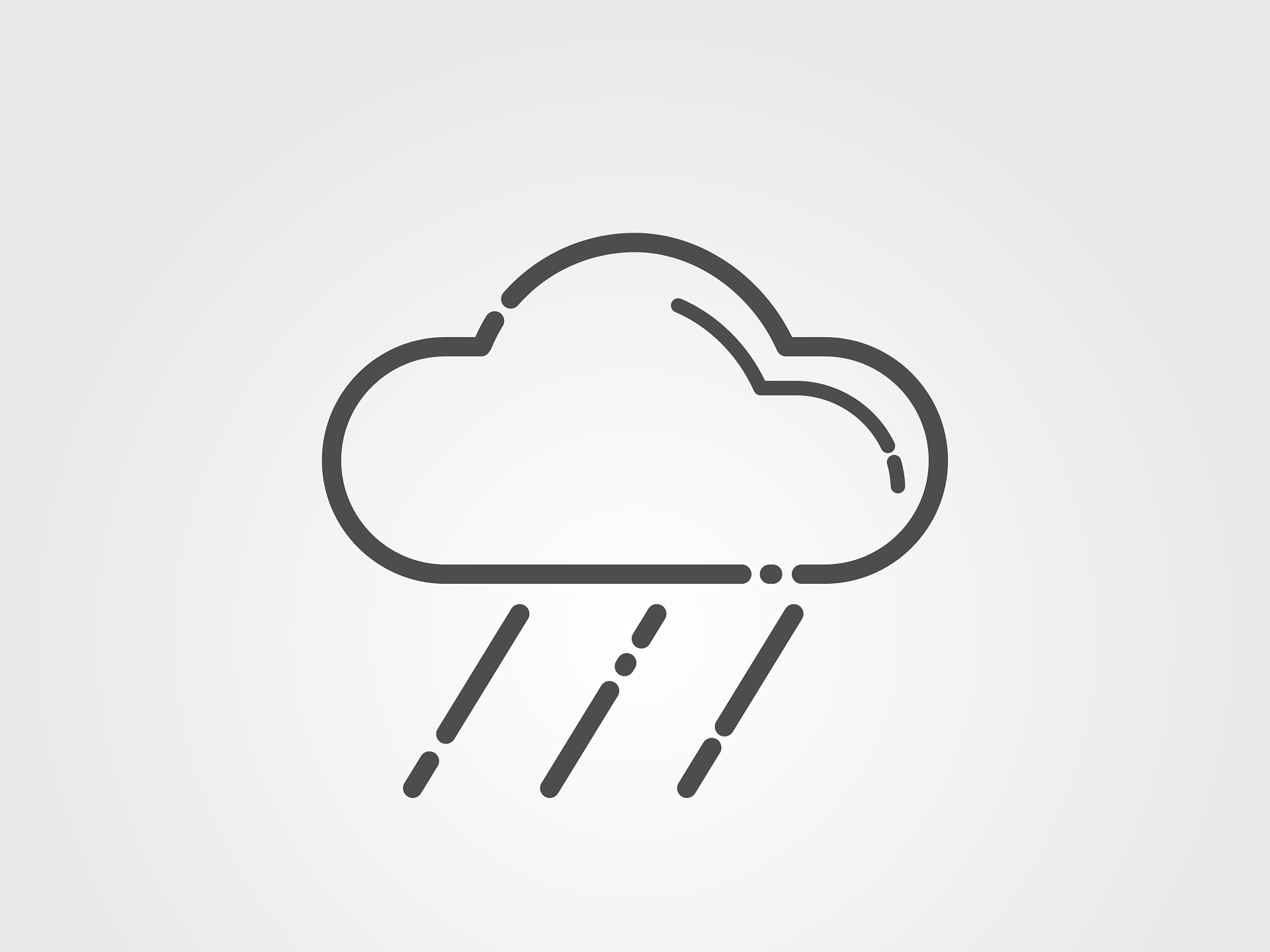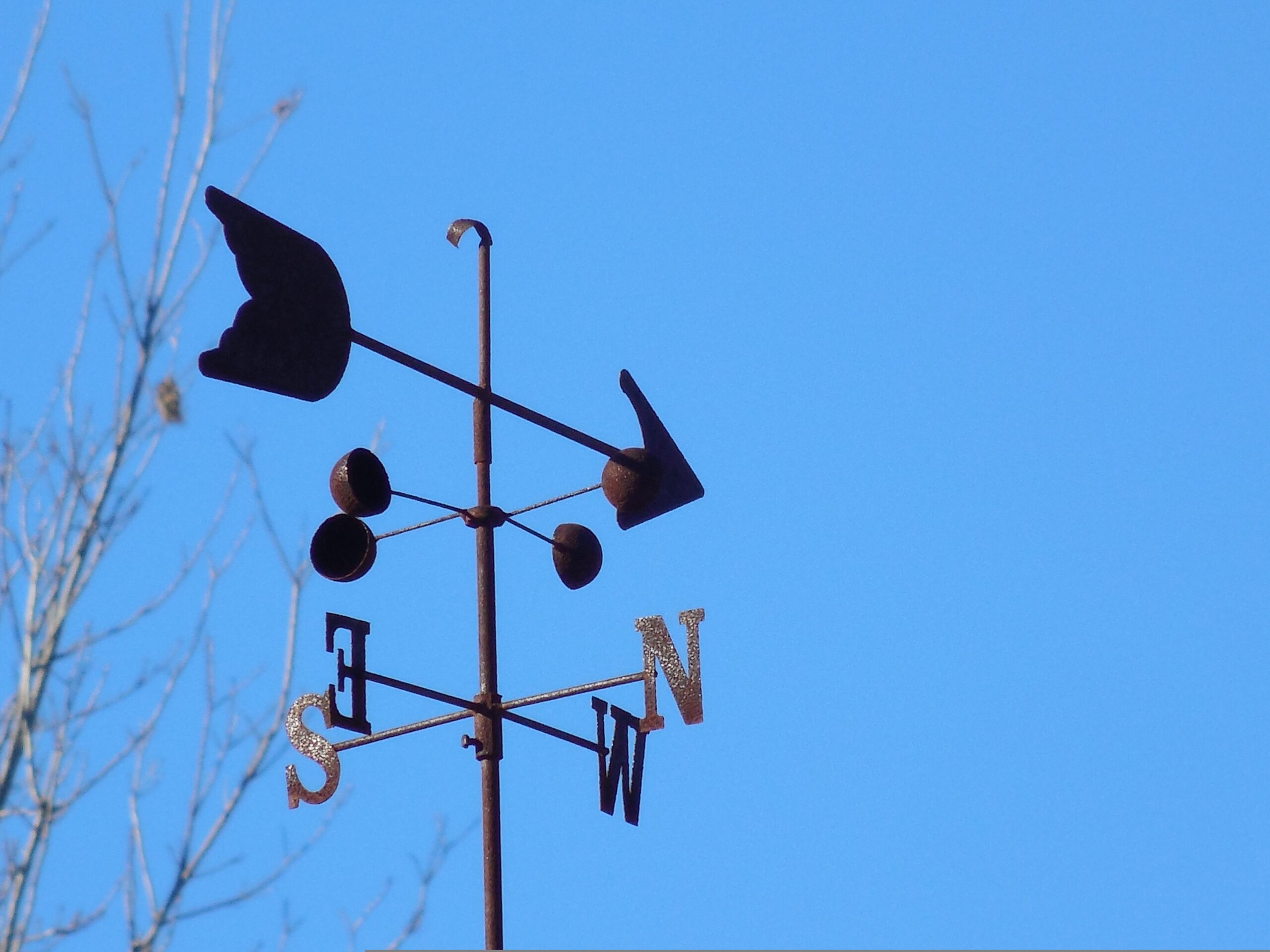Academic network publishes briefing on role of data in dealing with issues such as floods and wildfires
Credit: Pixabay
Satellite data is “vital” to tackling climate change, according to a new report published ahead of the COP26 climate summit.
A briefing fromCOP26 Universities Network identifies earth observation (EO) satellites as critical to monitoring the causes and effects of climate change. They also ensure “rigour” in stocktakes of Paris Agreement commitments and support emergency responses to climate disasters such as floods, wildfires and volcanic eruptions, the briefing claims.
However, that data must also be presented in a way that is freely available and accessible without expert knowledge, the report says. In order to realise the benefits, more people are needed with skills and knowledge in this area, as are advances in technology and international collaboration.
Professor Marian Scott of the School of Mathematics and Statistics at the University of Glasgow was one of the co-authors of the paper, ‘Space-based Earth observations in achieving climate security’.
Related content
- Government closes OneWeb buyout
- Government invests £500m in military comms satellite
- How the UK Space Agency is improving public services from the exosphere
She said: “Earth observation, when combined with in-situ and sensor data, is extremely powerful, allowing us to observe environmental changes over space and time in unprecedented detail even in remote parts of the globe. Archives of historical satellite data are powerful resources when combined with advanced analytics to help us understand what is changing in our natural environment, and how quickly.
Scott added: “The NERC-funded Globolakes project, for example, set out to understand changes in water quality in a thousand lakes around the world. Historical satellite images of the lakes helped us to build a time-lapse series of images of the lakes taken at monthly intervals without sending teams of scientists to often hard-to-reach locations. Identifying lakes which behave similarly over time will help us identify the rates and drivers of change, including climate and global warming.”
Lead author of the briefing, Professor Jonathan Bamber of the University of Bristol’s School of Geographical Sciences and the Cabot Institute for the Environment, said: “Earth observation satellites are our eyes on the planet. Without them we would be virtually blind to the magnitude and timing of climate change and to human interference with the fragile ecosystems that we all depend on.”



